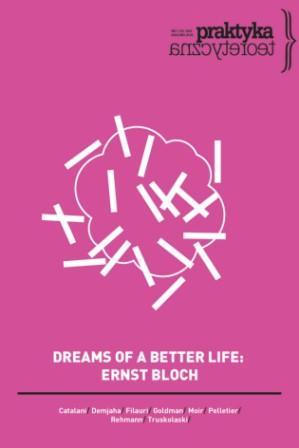Hegelianism and Meta-Religion: Ernst Bloch’s Archetype of the Fall
Hegelianism and Meta-Religion: Ernst Bloch’s Archetype of the Fall
Author(s): Dritëro DemjahaSubject(s): 19th Century Philosophy, Contemporary Philosophy, Marxism, Philosophy of Mind, Philosophy of Religion, Ontology
Published by: Uniwersytet Adama Mickiewicza
Keywords: Bloch; Hegel; Marxism; Christianity; meta-religion;
Summary/Abstract: This paper concerns Ernst Bloch’s notion of “meta-religion,” which is an attempt to inherit the religious without inheriting religion, while distinguishing itself from a merely secular atheism. I assert that the key to this meta-religious inheritance is the structural abandonment of the Fall. Focusing chiefly on Bloch’s late work Atheism in Christianity, I provide an account of Bloch’s appraisal of Feuerbach as a progenitor of his meta-religious project, before moving on to what I argue is the key problem for what Bloch terms the “meta- -religious” inheritance of Christianity: the question of the Fall. I argue that as Bloch’s own thinking regularly suggests, the archetype of the Fall is a necessary correlate of the archetype of freedom, and actually grounds an important aspect of Bloch’s meta-religious inheritance of both Christianity and Hegel as part of the same dialectical theorisation of the sources of Marxism.
Journal: Praktyka teoretyczna
- Issue Year: 2020
- Issue No: 35
- Page Range: 95-119
- Page Count: 25
- Language: English

